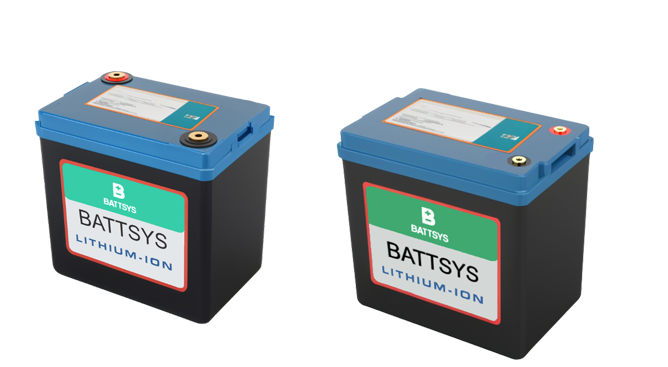Safety measures and charging methods to be followed when charging forklift lithium batteries.
For current new energy lithium-ion charging forklifts, extending the battery life and performance is an issue that cannot be ignored during the use of lithium-ion forklifts. Overcharging or undercharging of batteries can shorten their lifespan and adversely affect their performance.

1、 Forklift battery charging safety precautions
Damage or malfunction of batteries or charging devices poses a safety hazard not only to personal safety but also to the entire operating environment due to the presence of current and flammable toxic chemicals in the battery. In order to greatly improve safety when charging forklift batteries, forklift battery manufacturers recommend following the following safety precautions.
1. Before starting to charge the forklift, it should be securely parked in a safe position
2. All battery compartment covers must be kept open to eliminate any gas accumulation during the charging process.
3. It is important to provide sufficient washing, cleaning, and safety equipment in all battery charging areas. Including but not limited to eye wash stations, chemical cleaning kits to prevent chemical spills, and fire extinguishers to extinguish any fires caused during battery charging.
4. Buildings used for battery charging must have appropriate ventilation to ensure the safe dissipation of any gases generated during the charging process. All battery charging rooms need to be designed and constructed in accordance with Australian building code standards to ensure compliance with work safety regulations
5. All charging components must be in good working condition, and the connectors must not be damaged or broken. Only personnel who have received appropriate training and authorization can charge and replace batteries, as they can quickly identify potential issues and receive training on response methods.
2、 Types of
forklift battery charging
1. Conventional charging
Conventional forklift battery charging is common and direct, with batteries being charged overnight as standard. Overnight charging usually lasts for eight to ten hours, causing the battery to charge to 100% capacity. In the traditional charging process, the battery will generate heat, and sufficient time needs to be left for proper cooling before operating the forklift. Traditional forklift battery charging is suitable for single shift operation or applications where forklifts can use multiple batteries. Conventional battery charging can maximize battery life, but it may not be the best solution for multi shift operations.
2. Fast charging
Fast charging is suitable for multi shift operations where there is no time to charge the battery. Fast charging utilizes a higher current and does not slow down the charging rate like traditional chargers, allowing the battery to be fully charged in half to two to four hours of traditional charging time. Fast charging batteries are constructed with heavy load components due to the need to handle excessive heat, therefore, it is important to carefully adjust the size of the battery and charger based on power consumption research. Fast charging batteries typically need to be balanced for 6 to 8 hours per week to reduce sulfate content.
3. Opportunity to Charge
Opportunity charging is exactly what its name implies, which means charging forklift batteries at convenient and whenever possible (such as during lunch breaks). Similar to traditional charging opportunities, charging helps to significantly reduce forklift downtime and avoid the need to purchase multiple batteries per shift. When it needs to be used for a long time, opportunity charging is the ideal choice. With today's modern technology, the balancing and cooling time periods can be adjusted to less than 8 hours, but the battery must be carefully monitored to ensure that the charger does not slowly charge the battery during peak hours.
